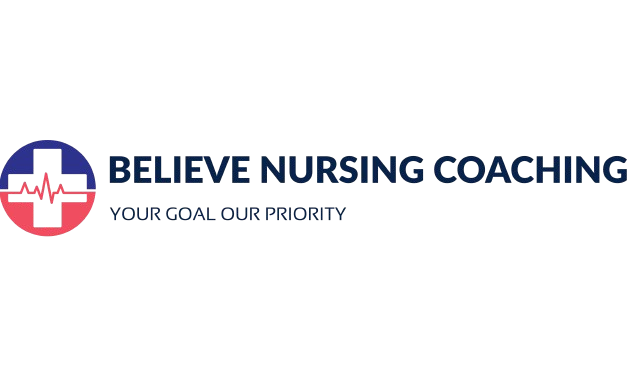
Online NCLEX-RN Coaching in Chandigarh
Believe nursing coaching academy
Best Online NCLEX-RN coaching academy in Chandigarh
What is new generation NCLEX-RN Exam
Launched in April 2023, the Next Generation NCLEX (NGN) is an improved version of the NCLEX. If you’re a nursing student getting ready for this exam, you should know about the changes made to the NCLEX. We’ll respond to your commonly asked questions, guide you through the new NGN item types and scoring scheme, and provide free next-generation NCLEX practice questions to help you get ready for the test. What you should know about this exam update is provided here.
When is the start date of the Next Generation NCLEX?
On April 1st, 2023, students began taking the Next Generation NCLEX. All test takers, regardless of the year of their nursing school graduation, are now taking the Next Gen NCLEX exam, which is being administered by the NCSBN.
The NGN will be the sole licensing exam available to prospective nurses after April 1st. There will be new item types on the NGN, which is an upgraded version of the previous NCLEX exam. The NGN will continue to evaluate students’ clinical judgment, just like its predecessor did. To become a licensed nurse in the USA and Canada, candidates must pass this exam.
What Has Changed for the 2023 New NCLEX?
In order to effectively evaluate students’ clinical judgment abilities and respond to the changing needs of the healthcare system, the National Council of State Boards of Nursing (NCSBN) made the decision to upgrade the current NCLEX. You should therefore anticipate seeing some significant modifications on the Next Gen NCLEX. Five new item (question) types have been added to the NCLEX, along with conceptual changes that emphasize clinical judgment and a new scoring method that permits partial credit.
Next Gen NCLEX Modifications: Conceptual Adjustments
The NCSBN states that 46% of the tasks completed by entry-level nurses involve clinical judgment. In the US, medical errors rank as the third most common cause of mortality, yet just 25% of employers are happy with new nurses’ capacity for making decisions. According to a 2011 study by Saint sing et al., around 50% of inexperienced nurses make nursing care mistakes.
To counter these trends, clinical judgment skills will be measured on the Next Gen NCLEX. “Clinical judgment” was operationally defined by the NCSBN throughout the study and exam development process as “the observed outcome of critical thinking and decision-making…an iterative process that leverages nursing knowledge to:
Next Generation NCLEX: Partial Scoring
There are three methods to receive partial credit on the Next Generation NCLEX:
1. +/- Point Distribution: Examinees gain one point for accurate answers and forfeit a point for inaccurate ones. The final score will be “0” if the overall score is negative.
2. 0/1 Scoring: Test takers gain one point for right answers; they do not deduct points for wrong answers.
3. Rationale Scoring: For connected units inside an item, test takers are given “all or nothing” credit, which implies that the answer is either entirely true or entirely false.
New item types and Next Gen NCLEX changes
Between July 2017 and December 2018, candidates taking the NCLEX had the opportunity to complete a special research portion measuring their clinical judgment skills. 85% of candidates chose to take the test, and NCSBN used the information from these applicants to confirm the necessity for an exam revision and assess the reliability of new item types.
The Next Generation NCLEX (NGN) is what?
An modified version of the NCLEX, called the Next Generation NCLEX (NGN), evaluates nursing applicants’ capacity to use clinical judgment skills and come to safe, informed decisions. The National Council of State Boards of Nursing (NCSBN) Clinical Judgement Measurement Model is linked to new question types and case sets in it.
Frequently Asked Questions
It varies. Between 85 and 150 questions are offered on the new NCLEX, and it will end as soon as it determines your skill level.
You must prove that your level of competency is higher than the required minimum in order to pass the NCLEX-RN. You will be presented with progressively harder questions as you properly answer them; you must go through the difficulty level in order for the NCLEX-RN algorithm to determine your 95% confidence level for passing. It will take both critical thinking abilities and understanding of nursing topics to correctly answer questions; at Kaplan, we advise combining content, strategy, and practice in your studies.
You will receive your official results about six weeks after taking the NCLEX-RN. You can obtain your “unofficial” results in two working days by paying for a quick results service offered by some states.
It is ideal for you to take the NCLEX-RN just once. You may, however, retake the exam if needed, as long as it is done 45 days after the first one. Depending on the state, candidates may take the exam up to eight times in a calendar year.

